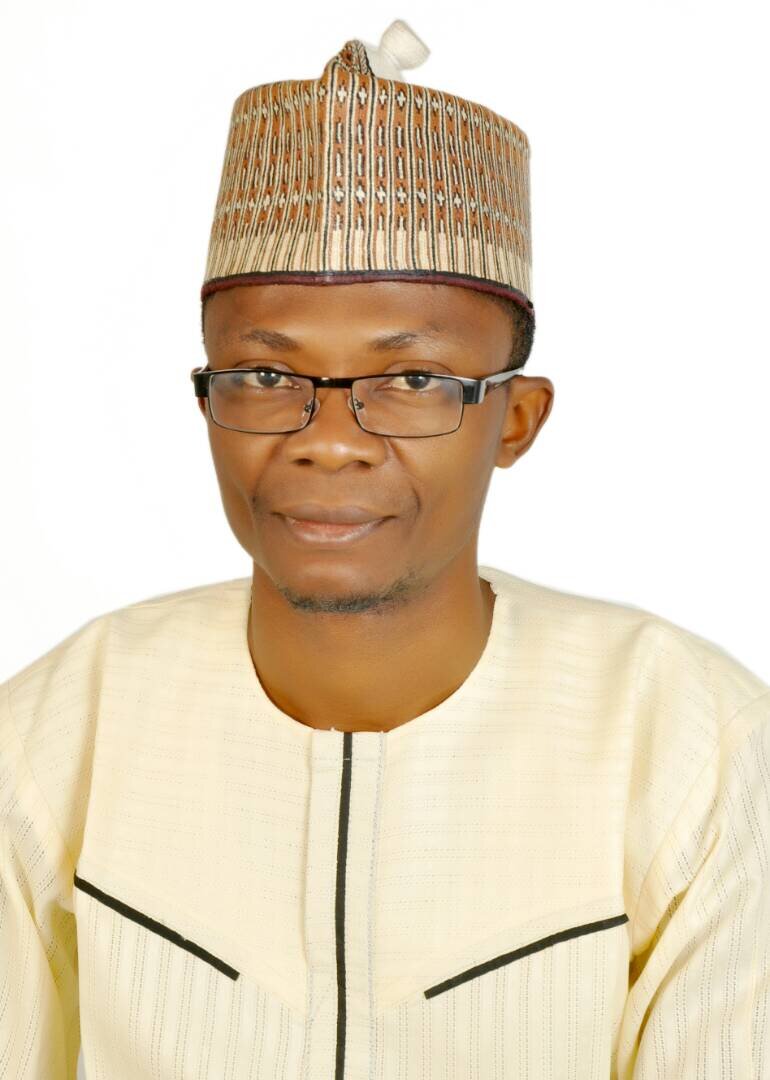Andrew Boff a London Assembly Member and his role is to hold the Mayor of London to account. He believes now is the time for change in London because people in London deserve more.
Born in Hillingdon to an NHS worker from East London and a policeman from West London, Andrew has spent his entire life living in London. He currently lives in Barking.
He has also spent much of his life in politics. He joined the Conservative party as a teenager, and even founded a branch of the Young Conservatives whilst at school in the 1970s.
Andrew is a liberal Conservative. He has been a strong advocate for LGBTQ+ rights and representation, a loud supporter for housing reform, and an innovative promoter of technology in helping to tackle crime.
2. What drove you to go into Politics?
Politics is in my blood, Mum was a Tory Councillor and Grandad a founder member of the Uxbridge Labour Party: I thought families always argued about politics when they got together. What that upbringing taught me is that politics can solve problems and despite my love for London I recognise it has plenty of problems.
I want to retain and promote the individual integrity of each London borough - enhancing their individual beauty and community rather than making them all the same. I also want to, through my work, help London flourish further as the dynamic, electric, and magnetic city that it is.
3. What is your favourite place in London?
I either browse through the charity shops in Hornchurch, go for a meal at Big Moe’s Diner or cycle down to the Thames at Barking Riverside. I’m quite keen on modest pub crawls in different parts of London.
4. What do you think Sadiq Khan should be doing to tackle knife crime?
London has also become increasingly violent. Gang activity has increased over the years, and this is having a damaging impact on London’s youth. Violent crime has escalated staggeringly since 2016, with 273 lives lost in the two years to June 2018. A 44% increase compared to the two years before. And the number of wounding offences was over 25,000 in the last year. This is an urgent crisis which needs immediate action.
Scotland faced a similar problem, with the World Health Organisation naming Glasgow the “murder capital” of Europe in 2005. Their response is a template that London should be following. Instead, Sadiq Khan’s Deputy Mayor for Policing has dismissed it.
In simple terms, Scottish politicians, Police, Council leaders and medical practitioners treated it as a public health emergency. They sought out the root cause of the disease and set about curing it, not just treating the symptoms. This involved intervening early with troubled families, disrupting gangs with wider use of stop and search and real effort from Councils to provide activities and alternatives for young people at risk of joining gangs. The murder rate fell 60% and the number of serious wounding halved.
5. On Twitter you said, ‘Sadiq Khan keeps telling us that building homes is a marathon, not a sprint… he is wrong. It is a sprint because the housing crisis is now. How do you plan on sprinting through the housing crisis?
London has a housing crisis, and it’s imperative that we act quickly to resolve it. For that we need to build more homes and remove the obstacles that there are to development. Building larger family sized homes resolves more people’s housing problems than smaller ones as overcrowded families move in to more appropriately sized accommodation and smaller units are freed up as a result. But that shouldn’t mean sacrificing quality. The pace of building can also be helped by the use of more off-site manufactured homes, the kind often seen on “Grand Designs”. They can be built quicker, are more environmentally friendly and often cheaper than traditional homes. I would like to see the introduction of beautiful modular homes as standard.



